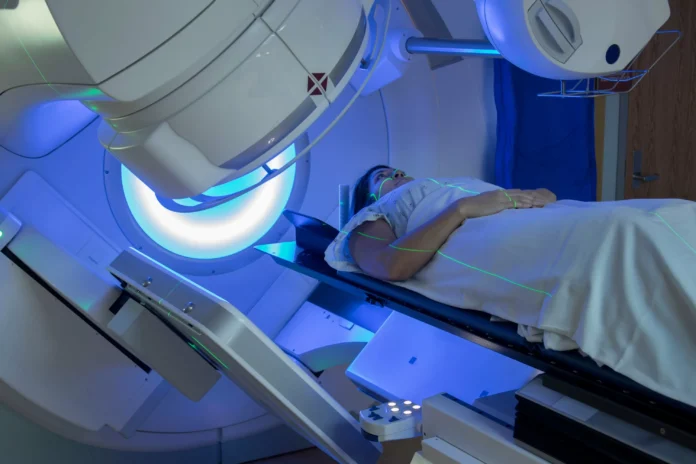Healthcare professionals play a crucial role in the fight against cancer. They are at the forefront, providing care and treatment to patients battling this deadly disease. However, in recent years, there has been a growing call for the integration of digital health technologies in cancer care. These technologies have the potential to enhance the likelihood of diagnosing, treating, and potentially curing cancer. With the ever-evolving landscape of healthcare, it is imperative for healthcare professionals to embrace and advocate for the availability of digital health technologies in the fight against cancer.
Cancer is a leading cause of death worldwide, with an estimated 9.6 million deaths in 2018 alone. The traditional methods of diagnosing and treating cancer have proven to be effective, but there is always room for improvement. This is where digital health technologies come into play. These technologies, such as telemedicine, electronic health records, and mobile health applications, have the potential to revolutionize cancer care.
One of the most significant advantages of digital health technologies is the improvement in cancer diagnosis. With the help of advanced imaging techniques, such as MRI and CT scans, doctors can detect cancer at an early stage. This early detection can significantly increase the chances of successful treatment and cure. Additionally, digital health technologies can also aid in the accurate diagnosis of cancer, reducing the risk of misdiagnosis and unnecessary treatments.
In addition to diagnosis, digital health technologies can also play a crucial role in cancer treatment. For instance, telemedicine can provide remote access to specialists, allowing patients in remote areas to receive the best care possible. This is especially beneficial for patients who live in areas with limited access to cancer care facilities. Moreover, electronic health records can allow for seamless communication between healthcare providers, ensuring that patients receive a coordinated and comprehensive treatment plan.
Furthermore, digital health technologies can also help in monitoring and managing cancer patients. Mobile health applications can track a patient’s symptoms, medication adherence, and overall health. This data can be shared with healthcare providers, allowing them to monitor the patient’s progress and make necessary adjustments to the treatment plan. This can lead to better disease management and improved patient outcomes.
Apart from the direct impact on cancer care, the availability of digital health technologies can also have a positive impact on the overall healthcare system. It can reduce the burden on healthcare facilities and providers, as digital technologies can streamline processes and save time. This, in turn, can lead to cost savings for both patients and healthcare systems.
However, the integration of digital health technologies in cancer care is not without its challenges. One of the major obstacles is the lack of awareness and training among healthcare professionals. As these technologies continue to evolve, it is essential for healthcare professionals to stay updated and educated on their use. This will not only ensure their effective use but also increase their acceptance and adoption.
Moreover, there are concerns regarding the security and privacy of patient data in the digital world. Healthcare professionals and technology providers must work together to ensure that patient information is protected and secure. This will help build trust and confidence in the use of digital health technologies.
In conclusion, the availability of digital health technologies in the fight against cancer is crucial. It has the potential to improve cancer diagnosis, treatment, and management, leading to better patient outcomes. However, for this potential to be realized, healthcare professionals must embrace and advocate for the integration of these technologies in cancer care. With proper training and awareness, digital health technologies can become powerful tools in the fight against cancer, ultimately saving lives. Let us all work together to make this a reality.


